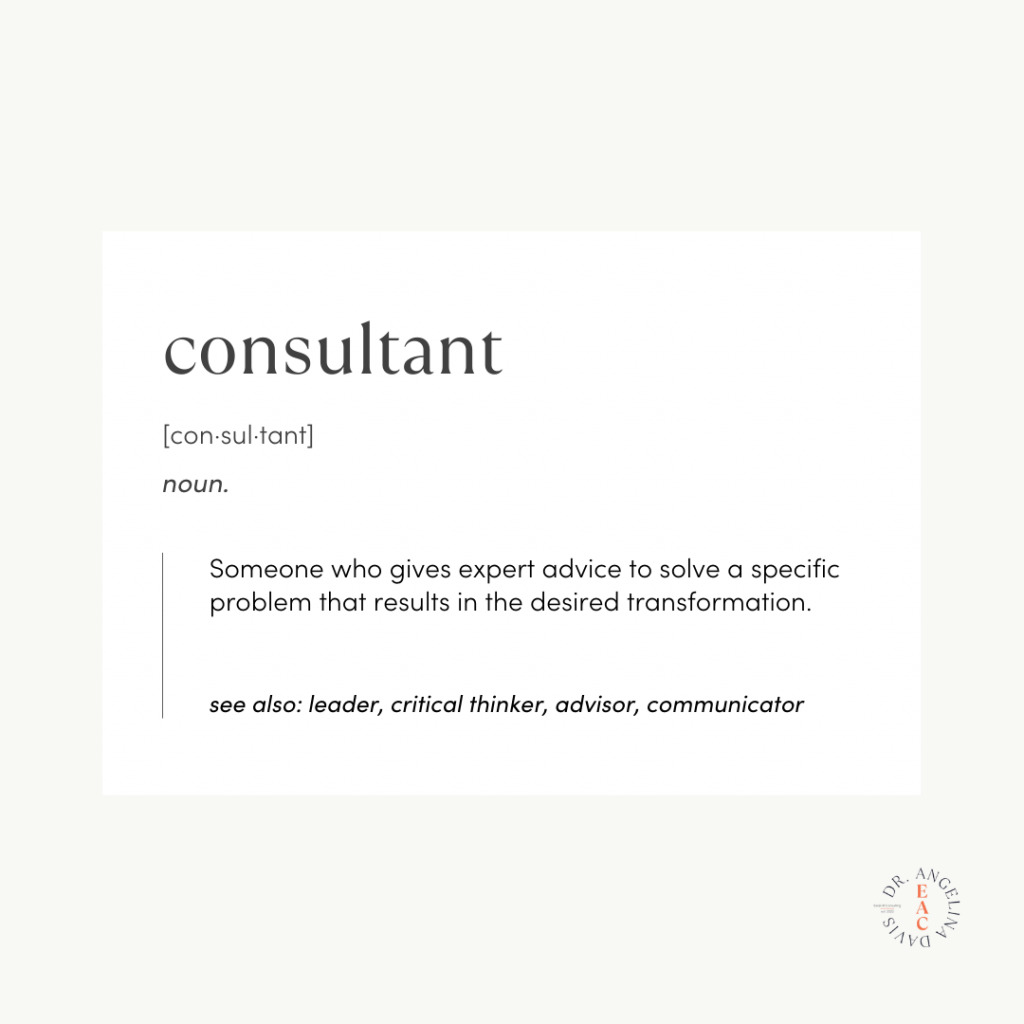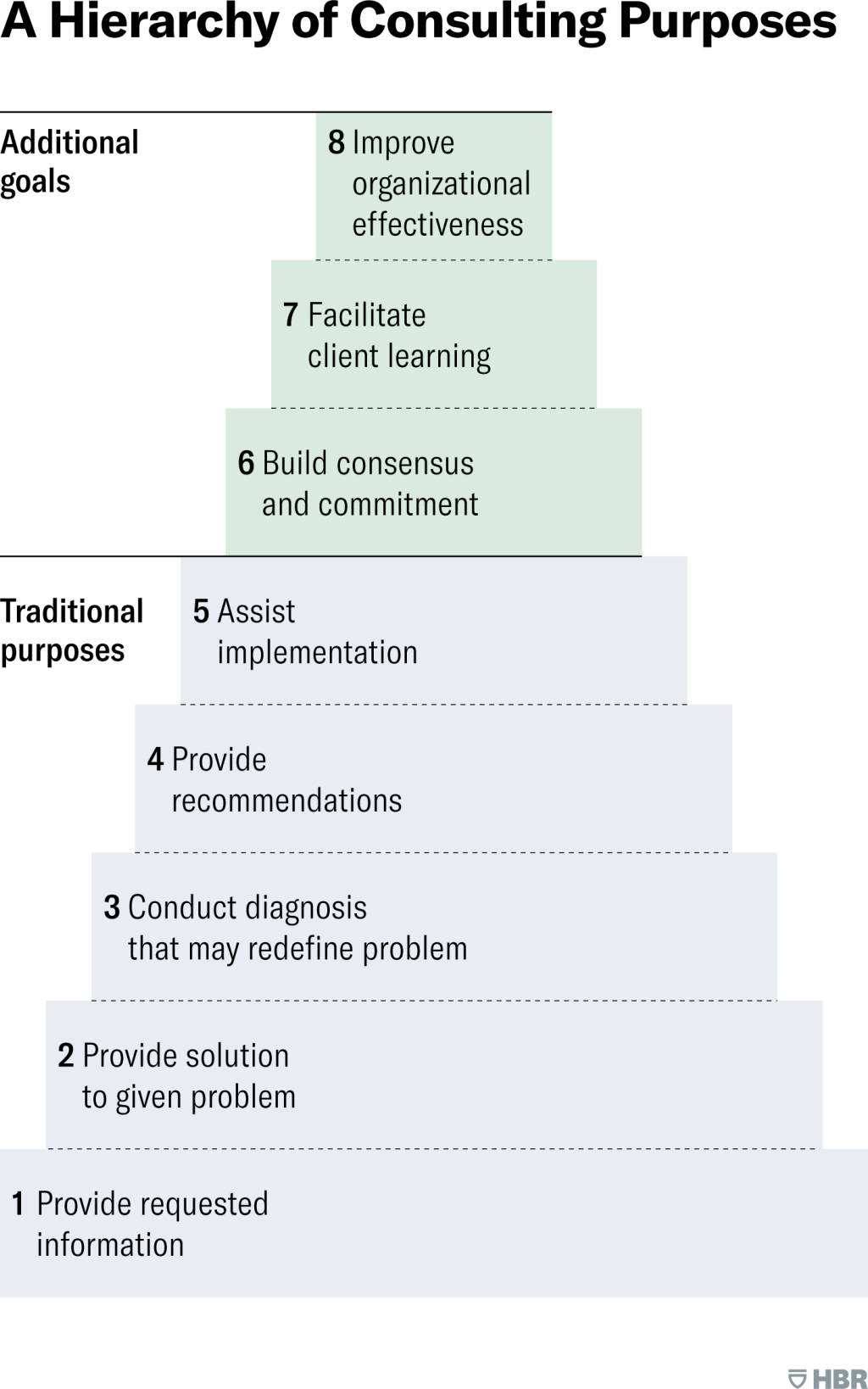Unlocking Success: The Power Of Business Advice Definition – Click Now For Expert Guidance!
Business Advice Definition
As a passionate reviewer of various products, services, and places, I have always been intrigued by the concept of business advice and its significance in the corporate world. In this article, I will delve into the definition, importance, and impact of business advice, offering insights and personal experiences along the way. Whether you’re a budding entrepreneur seeking guidance or an individual curious about this topic, read on to discover the intriguing world of business advice.
3 Picture Gallery: Unlocking Success: The Power Of Business Advice Definition – Click Now For Expert Guidance!


![Picture of: What Is Consulting & What Do Consultants Do? []](https://needbusiness.info/wp-content/uploads/2023/09/what-is-consulting-amp-what-do-consultants-do_1.png)
Introduction to Business Advice
Business advice refers to professional guidance provided to individuals or organizations in making informed decisions and strategies related to their business activities. It encompasses a broad spectrum of areas, including finance, marketing, operations, human resources, and overall business management. Business advisors, also known as consultants or mentors, utilize their expertise and experience to help individuals or companies navigate challenges, identify opportunities, and achieve their desired goals. The advice provided can range from specific tactical recommendations to long-term strategic planning.
What is the Purpose of Business Advice?

Image Source: excelatconsulting.com
The primary purpose of business advice is to assist individuals or organizations in optimizing their performance and achieving success in their respective fields. By seeking advice from experienced professionals, businesses can gain valuable insights into industry trends, market dynamics, and effective strategies. This guidance can help them avoid potential pitfalls and capitalize on emerging opportunities. Additionally, business advice fosters innovation, encourages critical thinking, and enhances decision-making capabilities. It provides a fresh perspective and allows businesses to stay competitive in an ever-evolving marketplace.
Who Provides Business Advice?
Business advice can be obtained from various sources, depending on the specific needs and requirements of the individual or organization. These sources include:
Professional Consultants: Certified professionals with expertise in specific fields, such as accounting, marketing, or management, provide specialized advice tailored to the unique challenges faced by businesses.
Mentors: Experienced individuals who have achieved success in their own business ventures offer guidance and support to aspiring entrepreneurs, sharing their knowledge and lessons learned.
Industry Associations: Trade organizations and industry-specific groups often provide advice and resources to their members, keeping them informed about the latest developments and best practices within their respective industries.

Image Source: hbr.org
When Should You Seek Business Advice?
Business advice is sought at various stages of a company’s lifecycle, ranging from startup to expansion and even during challenging times. Some common situations when seeking business advice may be beneficial include:
Starting a New Business: Entrepreneurs often seek advice when launching a new venture, as it helps them develop a solid business plan, identify potential risks, and establish a strong foundation for success.
Strategic Planning: Businesses may seek advice when formulating long-term strategies, setting goals, or exploring new markets. This helps in aligning the company’s objectives with industry trends and customer demands.
Financial Management: Small businesses or startups may require advice on financial planning, budgeting, and securing funding options. This guidance enables them to make sound financial decisions and ensure sustainable growth.
Operational Improvement: Established companies often seek advice to improve their operational efficiency, streamline processes, and enhance productivity. This can involve recommendations on technology adoption, employee training, or supply chain optimization.
Crisis Management: During challenging times, such as economic downturns or unforeseen crises, businesses may require advice on managing risks, implementing cost-cutting measures, or exploring alternative revenue streams.
![What Is Consulting & What Do Consultants Do? [] What Is Consulting & What Do Consultants Do? []](https://needbusiness.info/wp-content/uploads/2023/09/what-is-consulting-amp-what-do-consultants-do_1.png)
Image Source: myconsultingoffer.org
FAQs about Business Advice
Q: How much does business advice cost?
A: The cost of business advice can vary significantly depending on the provider, the complexity of the issue, and the duration of the engagement. Some consultants charge an hourly rate, while others offer fixed-price packages or retainer-based services. It is advisable to discuss the pricing structure and expectations upfront to avoid any misunderstandings.
Q: Can business advice guarantee success?
A: While business advice can provide valuable insights and guidance, success ultimately depends on various factors, including the execution of the advice, market conditions, competition, and external factors beyond anyone’s control. Business advice serves as a tool to enhance decision-making and increase the likelihood of success, but it does not guarantee it.
Q: How can I choose the right business advisor?
A: Choosing the right business advisor is crucial for a fruitful engagement. Consider factors such as their industry expertise, track record, references, and communication style. Conduct interviews, request proposals, and seek recommendations from trusted sources. A good fit between the advisor’s skills and your specific needs is essential for a successful partnership.
Types of Business Advice
Business advice can be broadly categorized into different types based on the specific area of expertise. Some common types of business advice include:
Financial Advice: This type of advice focuses on optimizing financial performance, managing cash flow, budgeting, and investment strategies.
Marketing and Sales Advice: Businesses seeking to improve their marketing strategies, enhance brand visibility, or boost sales often seek this type of advice.
Operational Advice: This category includes advice on streamlining processes, improving efficiency, and implementing best practices to enhance overall operational performance.
Human Resources Advice: Businesses requiring guidance on hiring practices, talent management, employee engagement, and compliance often seek human resources advice.
Legal and Regulatory Advice: This type of advice helps businesses navigate complex legal and regulatory frameworks, ensuring compliance and mitigating risks.
Pros and Cons of Business Advice
Pros:
Expertise: Business advice provides access to the knowledge and expertise of professionals who have years of experience in their respective fields.
Objective Perspective: Advisors offer an unbiased viewpoint, helping businesses identify blind spots, challenge assumptions, and explore new possibilities.
Network Opportunities: Engaging with business advisors often opens doors to valuable connections, partnerships, and potential collaborations within the industry.
Time and Cost Savings: Effective business advice can help businesses avoid costly mistakes, optimize resource allocation, and make informed decisions, saving both time and money.
Cons:
Financial Investment: Engaging business advisors can be expensive, particularly for small businesses or startups with limited budgets.
Dependency: Overreliance on business advice without developing internal capabilities may hinder the growth and autonomy of the organization in the long run.
Compatibility: Not all business advisors may be a good fit for every organization. Finding the right advisor who understands your business and aligns with your values can be a challenge.
Conclusion
In conclusion, business advice plays a crucial role in guiding individuals and organizations towards success. Whether it is strategic planning, financial management, or operational improvement, seeking advice from experienced professionals can provide a competitive edge and accelerate growth. While business advice is not a guarantee for success, it provides valuable insights, fosters innovation, and helps businesses navigate challenges effectively. So, whether you’re a startup founder or a seasoned business owner, don’t hesitate to seek advice when needed. It might just be the missing piece to unlock your business’s full potential.
This post topic: Small Business
